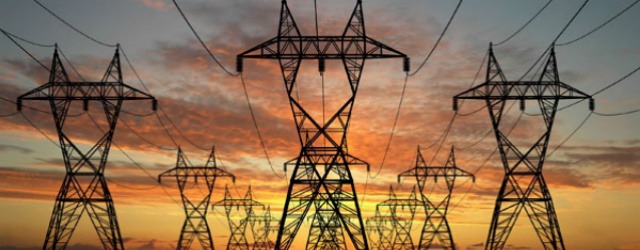PSC Chair: Winter storm may spike electric and natural gas bills in Arkansas
by March 2, 2021 2:04 pm 2,005 views

A generational storm may lead to all-time record electric and natural gas bills in Arkansas. Investigations have been opened by the Attorney General’s Office and the Arkansas Public Service Commission.
APSC Chairman Ted Thomas told members of the Arkansas Legislature’s Joint Energy Committee on Tuesday (March 2) the winter storm that hit the entire state and many parts of the country two weeks ago stressed the system to its maximum capacity.
How much this will cost consumers has not been tabulated, he added.
Problems with natural gas production, coupled with record use and a lack of wind and solar energy reserves caused significant price increases that will probably be passed onto customers, he said. Zero and sub-zero temperatures caused problems with natural gas production in Texas and Oklahoma that resulted in those states losing half of their natural gas production ability as the record-cold storm draped much of the South.
“I’m not going to paint a rosy picture … most of this will be paid by Arkansas ratepayers,” Thomas said.
Arkansas Attorney General Leslie Rutledge has already announced that an investigation into potential price gouging is already underway. Deputy Attorney General Chuck Harder said the office will investigate all facets of how energy was acquired during the storm by companies, contacts, procurement plans, and others in an attempt to ascertain if there was any manipulation of prices.
“I don’t think the goal is to cripple anyone,” Harder said.
There have been several misconceptions about what happened during the storm and what caused the energy supply to be strained, Thomas said.
Record-setting low temperatures across a large swath of the country, including Arkansas, lasted for days on end which led to unprecedented use. The temperatures froze equipment used in natural gas production and it exacerbated the shortages, he added.
A lot of speculation swirled around the lack of renewable energy during the crisis, but Thomas said wind performed about as well as was predicted under those circumstances, and the real problem was the lack of natural gas.
Wind energy has been blamed for the shortages, but the lack of wind, for the most part was anticipated. There has been a move in recent years towards wind energy and the reason is simple, Thomas said. Wind is a cheaper source of energy when it’s blowing, and the idea that it costs more to produce wind energy is false, he said.
Many people think it’s more expensive because there are subsidies for wind production. Thomas said it would be reasonable to ask why a cheaper form of energy is being subsidized.
Developing ways to store renewable energy will be crucial to avoid problems like this in the future.
Long-term energy plans include wind, solar, expanded storage capacity, and limited natural gas is the future of energy production in the U.S., Southwest Power Pool’s senior vice president for governmental affairs and public relations Mike Ross said. Ross, a former congressman and former member of the Arkansas Legislature, said plans for future power producing plants fall into those categories.
Coal, nuclear, and other traditional forms of energy production are being phased out, he told members of the committee.
